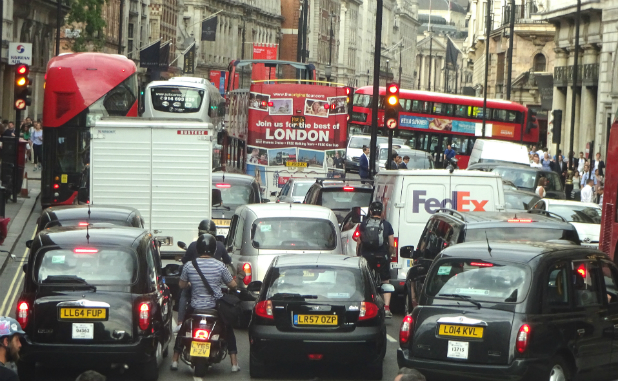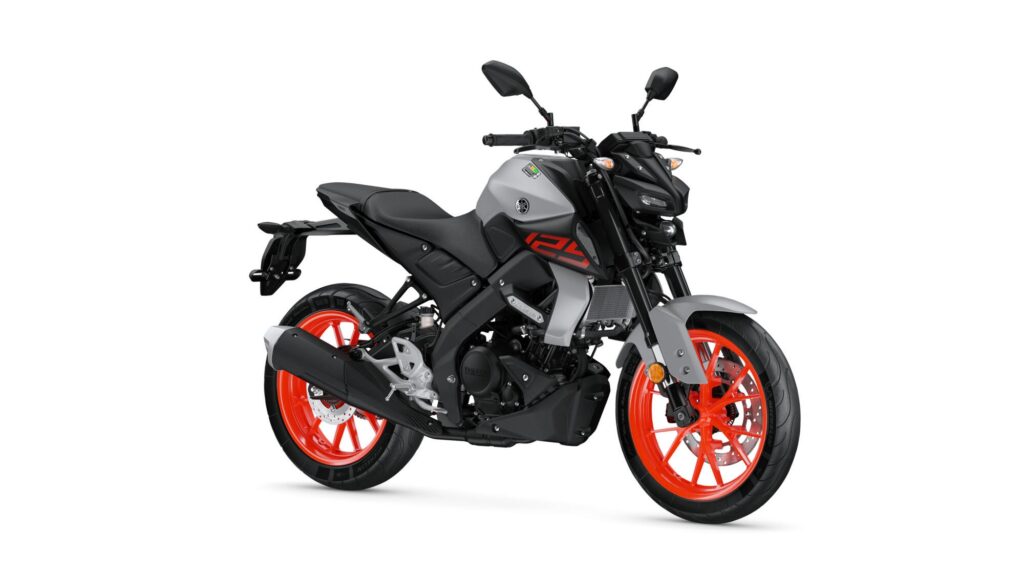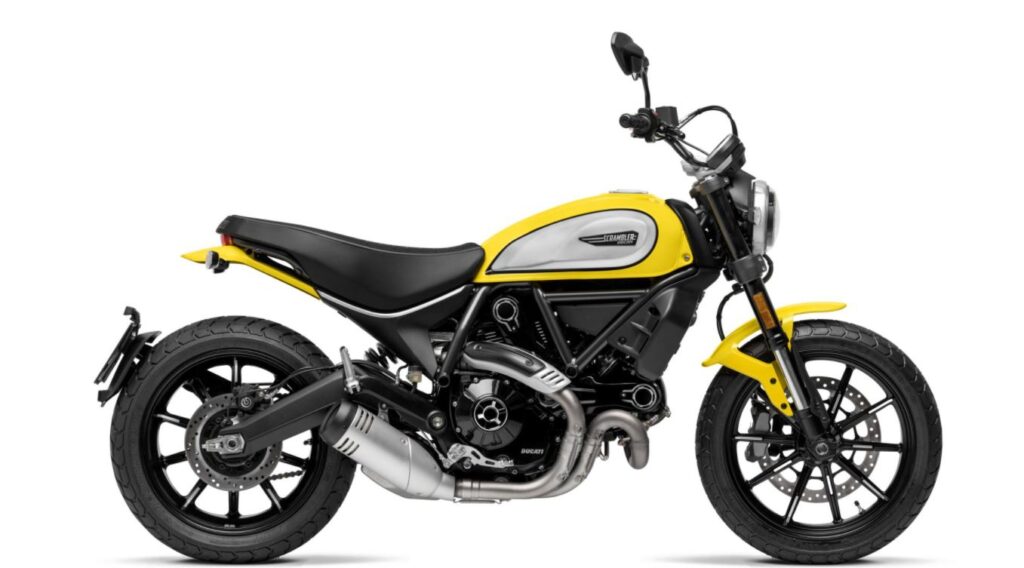
While electric motorcycles are increasingly viable, the dream of alternative fuels that are safer and cheaper than petrol continues. But will any work? Bikesure takes a look at some possible future fuels.
You’ll have doubtless heard the stories that the mysterious they who control these things are suppressing knowledge of an engine that runs on water. Every so often some wackadoo fraudster makes a claim that they’ve cracked it, but evidence never quite seems to materialise.
While it’s certainly possible to use hydrogen as a fuel, the amount required is far in excess of what can be produced by simple electrolysis of water – in fact, the energy requirements to do this are far greater than the energy that can be extracted from simple gaseous hydrogen.
That hasn’t stopped a string of people claiming to have cracked the problem, occasionally even demonstrating these supposedly game changing engines. Unsurprisingly none of these have been independently verified and a majority of the inventors have gone on to be successfully prosecuted for fraud, which is either a sign that the all-powerful conspiracy suppressing this knowledge is extremely efficient, or that the engines didn’t work, if they existed at all.
Hybrid
Vehicles which combine internal combustion and electric motors have already begun carving a niche as a good happy medium between reducing fossil fuel use and your battery not dying leaving you stranded. This niche has not expanded to motorcycles to any significant degree currently, but there have been a few hybrid scooters and a regular procession of concepts shown off. There was some excitement recently when patents for a hybrid motorcycle from Kawasaki were found but these date back to 2017 so it’s more likely acting as a placeholder for future developments rather than something to expect any time soon.
Alternatively, if you’ve got €24,000 you could put yourself on the waiting list for Furion Motorcycles’ machine, due to be released in 2021.
Petrol alternatives
LPG, sometimes known as autogas, is derived from fossil fuels but produces less carbon dioxide and particulates when burned, making it less environmentally damaging. It’s also cheaper than petrol, but also less available – but it is actually available. The requirement for pressurised fuel canisters is once again the main obstacle to adding them onto motorcycles, although there are some brave souls who’ve made the leap.
Of course, the real issue with alternative fuels is while they reduce CO2 emissions at point of use they are still fossil fuel products, side products of refining oil into petrol. If the aim of looking for alternative fuels for motorcycles and other vehicles is to reduce the overall extraction of oil, then simply switching to another product of extracted oil doesn’t help.

Hydrogen
What keeps the impossible dream alive is the indisputable fact that hydrogen can be used as a fuel, but it needs to be made into a liquid. The main problem with that is it needs to be stored in a pressurised canister, which has the potential to turn any accident into a giant explosion. This is not a great selling point. That said, fuel cells running off hydrogen have long been mooted as the next big thing for engines and it’s certainly possible, but until there’s a breakthrough in storage technology mounting them on motorcycles is going to be pretty risky.
Scooters could be a safer platform, as it’s more possible to shield the fuel canister and their lower speed reduces the risks. However, another problem is the lack of infrastructure for refuelling. In 2017 the Metropolitan Police began running tests with seven Suzuki Bergman scooters fitted with hydrogen fuel cells, based around one filling station. A maximum range of 75 miles to a tank keeps them competitive for the urban delivery range, but that lack of infrastructure requires significant investment for any companies looking to run a fleet of scooters off hydrogen. Until this changes, hydrogen powered motorcycles will largely remain a curiosity.
Biodiesel
Sure, if you can find a motorcycle with a diesel engine, then technically you could convert it to run biodiesel instead. There are several reasons diesel motorcycles haven’t taken off, including generally terrible power to weight ratios on engines that’d fit into a motorcycle, sounding like a tractor, and so on. The US Marine Corps have motorcycles that can use pretty much any fuel but when the easiest option for getting a biodiesel motorcycle is “steal it off the US Marine Corps”, you probably need to find alternatives.
Electric
Looking for solutions with different fuels will doubtless continue, but with most of the alternatives so far requiring pressurised storage the only alternative that has a real chance of challenging the supremacy of internal combustion is the electric bike.
The problem is that just moves the requirement for safe energy generation back a level – charging your bike off the mains is not REALLY a solution as power generation and the industrial processes that support it are some of the largest sources of emissions. And that’s before you begin to consider the ethical concerns in the production of rare earth minerals and chemicals modern batteries and electronic equipment require.
The good news is, modern motorcycles and scooters already have pretty efficient engines that require less fuel than cars so motorcycle owners can consider themselves largely off the hook in terms of guilt about their transport related carbon emissions.
Have you built a clockwork motorcycle? Perhaps you’ve discovered how to run one on toothpaste and ketchup – let us know in the comments!
Image credits: Furion motorcycles, 2011 Tokyo Motor Show





